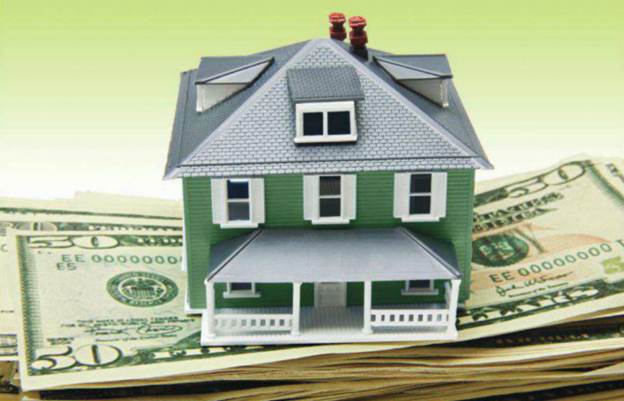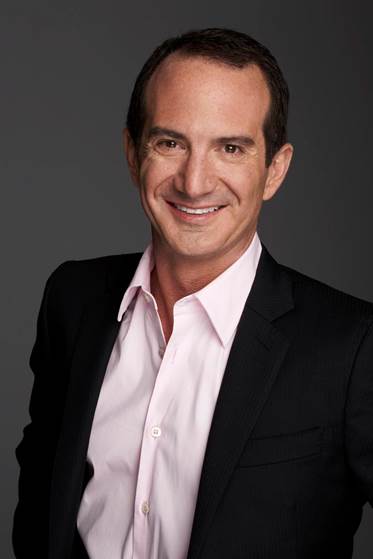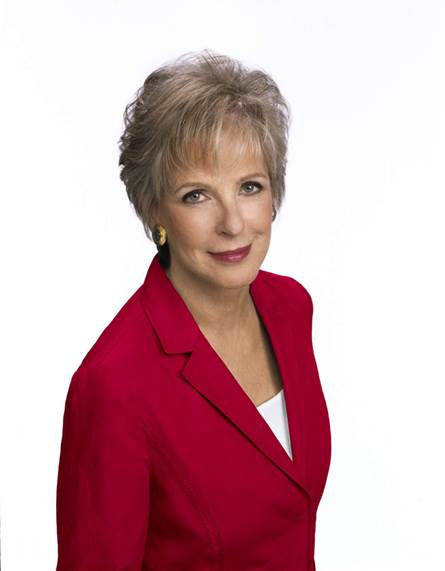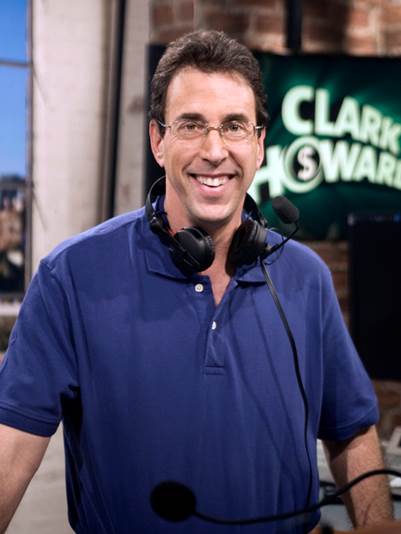Porter mentioned another measure she and
her husband have taken. Because both work in relatively fragile businesses-
Porter, 42, sells hand-sewn crafts, and Hannon, 48, works for a newspaper- the
couple have prioritized saving for a rainy day. Their emergency account holds
about a year’s worth of living expenses.

Among
our survey respondents only 29 percent had an emergency fund that could cover
three to six months of expenses
But most Americans don’t have even half
that much. Among our survey respondents only 29 percent had an emergency fund
that could cover three to six months of expenses. In a period of prolonged
unemployment, that cushion could be a lifesaver.
Saving a bit at a time- say, $20 a week can
help build your cash buffer. That money should go into an accessible bank or
credit-union savings account.
6. Ignoring your credit report
Consumers can obtain a credit report from
each of the three major credit bureaus – Equifax, Experian, and
Trans-Union-free through the industry’s official website, at
annualcreditreport.com. To most efficiently monitor your credit, we recommend
staggering your report requests to one every four months. But our survey showed
that more than four out of fice people -81 percent- don’t bother checking their
credit reports.
Given that identity theft is the
fastest-growing crime in the country, we think that’s a mistake. Consider what
we heard from a North Carolina doctor who discovered that her office manager
had embezzled at least $500,000 from her practice by using, among other ruses,
credit cards taken out in the practice’s name. The doctored and her husband
later realized that they could have stopped the fraud if only they had checked
their free credit reports. But because they hadn’t needed to borrow in years,
they never bothered.
7. Mismanaging debt.
Credit cards generate among the most
expensive type of consumer debt; the average interest rate is about 14:3
percent, according to LowCards.com, a credit-card comparison website. In spite
of those lofty costs, almost half of our survey respondents with credit cards
said they carry a balance on their cards. Eight percent reported at least one
late payment in the past 12 months. Almost one fifth- 18 percent – said they’d
accrued a balance of $10,000 or more.

Focus
on retiring your debt by paying more than the minimum due each month
To begin to free yourself from that
balance, consider consolidating your debt with a home-equity line of credit;
rates on HELOCs average between 4 and 5 percent, according to Bankrate.com. if
you don’t own a home or lack sufficient equity or income to qualify for a
HELOC, consider transferring your balance to a lower-cost card. Many cards
offer 0 percent financing on balance transfers for 12 to 18 months, after which
the rate will jump to between 12 and 22 percent. You also might have to pay a
fee of 3 or 4 percent of the balance up front.
Focus on retiring your debt by paying more
than the minimum due each month. To that end, put the entire amount you’ll need
each month to pay down your credit cards into a separate bank account so that
you’re not tempted to use it for something else. You can even arrange for the
sum to be direct-deposited from your paycheck.
J. Henry, 80, a retired health-care
executive from Jacksonville, Fla., says he began employing his form of debt
management 23 years ago. Burned by a bad business deal and sitting on $50,000
in credit-card debt, Henry began tracking his family’s spending to bring their
finances back from the brink. Within about four years he had eliminated the
cred his net worth to be credit-card debt- and he hasn’t kept a balance since.
Today, he estimates his net worth to be “north of $1 million.”
Just 35 percent of our survey respondents
say they have a budget, but maybe more ought to. “When I look back, it helped
me keep an eye on where I was financially,” Henry says. “If you just stick to
basics and common sense, you can be OK.”
Even personal-finance gurus make mistakes
David
Bach

Author of “Debt Free for Life” and founder
of FinishRich Media
I picked up three credit cards and a charge
card for a stereo store while in college. I used them foolishly for things I
wanted but didn’t really need, figuring I could make the minimum payments. By
the time I graduated in 1990, I owed over $12,000. I remember still the
head-spinning feeling of opening those bills. It took me two years to pay it
all off, and I’ve never carried credit-card debt since.
Jane
Bryant Quinn

Personal-finance columnist and author
In the 1980s, a neighbor told my husband
and me that he was investing in a new jeans company. I loved the jeans. We
talked with his partner, looked at his business plan, and invested $25,000.
Well, the partner had misrepresented himself, and our neighbor didn’t share
some key information. The investors lost everything. We didn’t do our due
diligence; we just trusted what we were told.
John
Bogle

Founder and former CEO of the Vanguard Group
When I started working I did what everybody
else did backing the 1950: I got a broker. That was biggest mistake I ever
made. I got nowhere. The broker would say, buy this and sell that. Most of the
returns were indifferent. It was complicated to report on my tax returns. More
than half the time when he told me to sell, I should have bought. I haven’t
invested in individual stocks since the 1950s.
Clark
Howard

TV and radio consumer finance expert.
In 1985 I went into a partnership that
bought into an apartment complex in Miami. Under the tax laws then, you went
into such deals assuming that you’d lose money. You got roughly $2 in tax
benefit for every $1 you lost. In 1986 the tax laws changed. The deal went bust
and I got hit with massive tax bill known as recapture. I learned not to make
investments just for tax reasons.